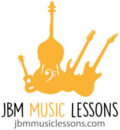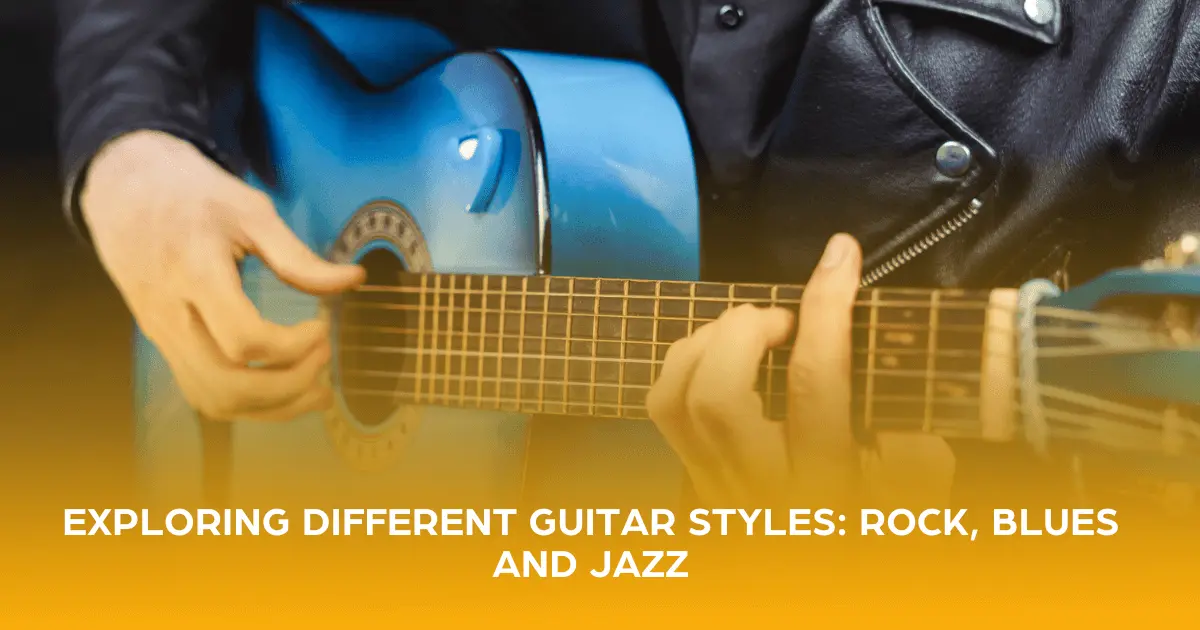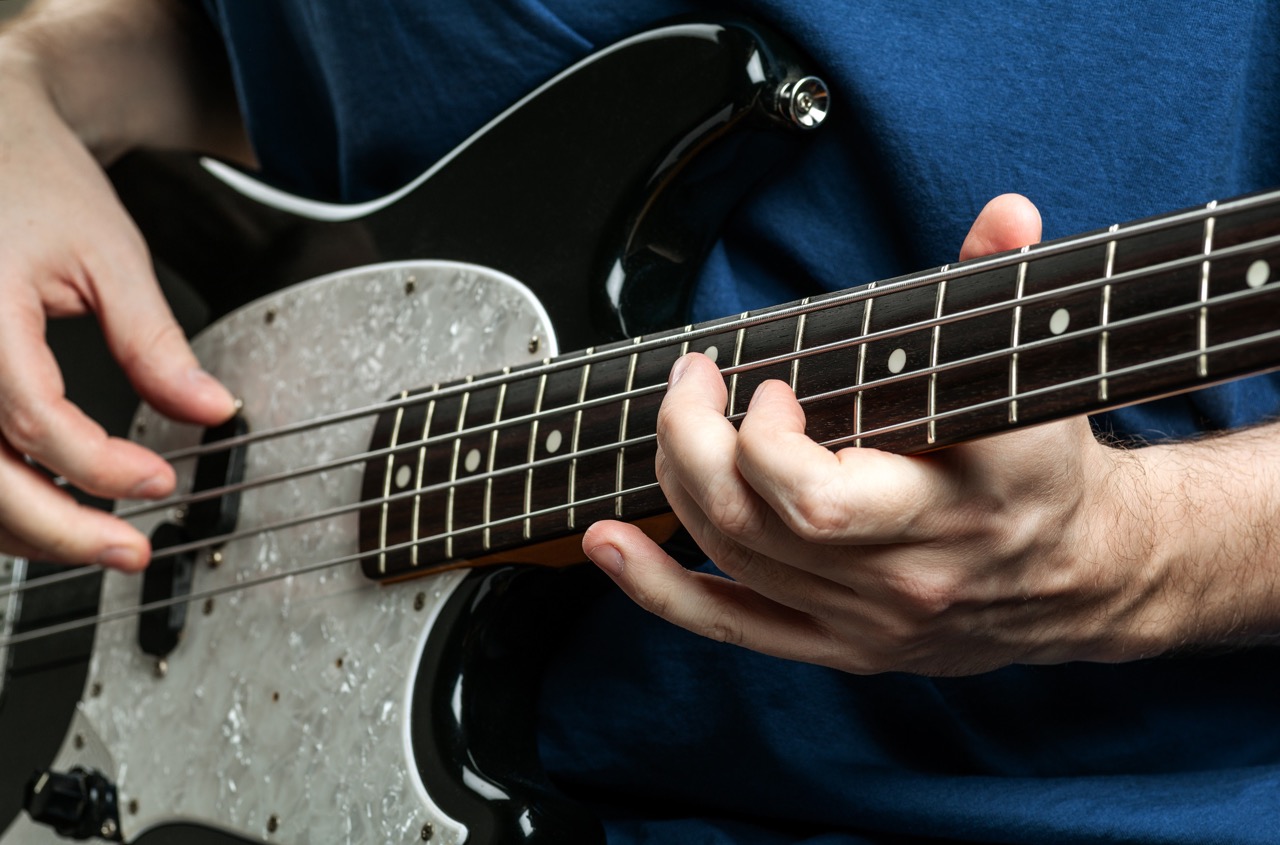The guitar can effectively communicate a wide range of emotions and styles. Whether you’re passionate about rock guitar, drawn to the soul of blues guitar, or fascinated by the complexity of jazz guitar, this instrument gets the job done. Today, we’ll discuss the key characteristics of each style and how you can begin mastering them.
Table of Contents
ToggleRock Guitar: The Power of Energy and Emotion
There’s nothing better than some good old-fashioned rock and roll. Rock guitar is all about energy, power, and emotion. From the distorted tones of electric guitars to the rebellious attitude, rock has been the foundation for many iconic guitarists like Jimi Hendrix, Jimmy Page, and Eddie Van Halen. If you’re ready to channel your inner rock star, consider taking guitar classes near Los Feliz, or honing your skills in Hancock Park or Hollywood Hills. With the right guidance, you can master the techniques that define rock and roll’s legendary sound.
Key Features of Rock Guitar:
- Power Chords: Rock music often features the use of power chords, which are simple yet powerful two-note chords that form the backbone of rock music.
- Fast Solos and Riffs: Iconic solos and riffs are key to rock guitar, demanding speed, precision, and creativity.
- Distorted Tones: Rock guitarists often use distortion to create a raw, aggressive sound that is central to the style.
Blues Guitar: Soulful Expression Through Simplicity
The name says it all when it comes to the blues. Blues guitar offers emotional depth and the ability to express many feelings through simple, yet profound, musical techniques. Originating from African American communities, blues has touched every other genre of modern music, including rock, jazz, and pop.

Key Features of Blues Guitar:
- 12-Bar Blues Progression: One of the most common progressions in blues music, which is the foundation for several songs.
- Bends and Vibrato: Guitarists use string bending and vibrato to add soul and expression to their playing.
- Pentatonic Scale: The blues scale, a subset of the pentatonic scale, is essential to creating that signature blues sound.
Jazz Guitar: Intricate Harmony and Improvisation
Although it’s been around for a while, jazz still has a lasting impact today. Jazz guitar is one of the most complex and harmonically rich styles. Rooted in improvisation and unique chord progressions, jazz guitarists push the boundaries of music theory to create intricate solos and melodies. If you’re inspired by this style, consider exploring guitar classes near Studio City, or refining your skills in Beverly Hills and West Hollywood. With expert guidance, you can master the techniques that make jazz guitar truly exceptional.
Key Features of Jazz Guitar:
- Complex Chord Voicings: Jazz guitar often involves playing complex chords with extended harmonies, including 7th chords, 9th chords, and more.
- Improvisation: A key element of jazz, allowing the guitarist to create spontaneous solos over the chord changes.
- Walking Bass Lines: In jazz, the guitar can double as the bass, playing walking bass lines that guide the harmony.
Mastering Your Guitar Style Today
Whether you’re starting with the basics of rock guitar, delving into the complexities of blues guitar, or developing your improvisation skills in jazz guitar, a great teacher is key. You’ll need someone who caters lessons to your needs and musical goals. With the help of a guitar teacher, you’ll be playing like a pro in no time.
Ready to take your guitar skills to the next level? Reach out to me today to schedule your first lesson and start your musical journey. Whether you prefer lessons in your Los Angeles home or online guitar lessons, JBM Music Lessons is here to help you achieve your goals and discover the joy of playing guitar.







